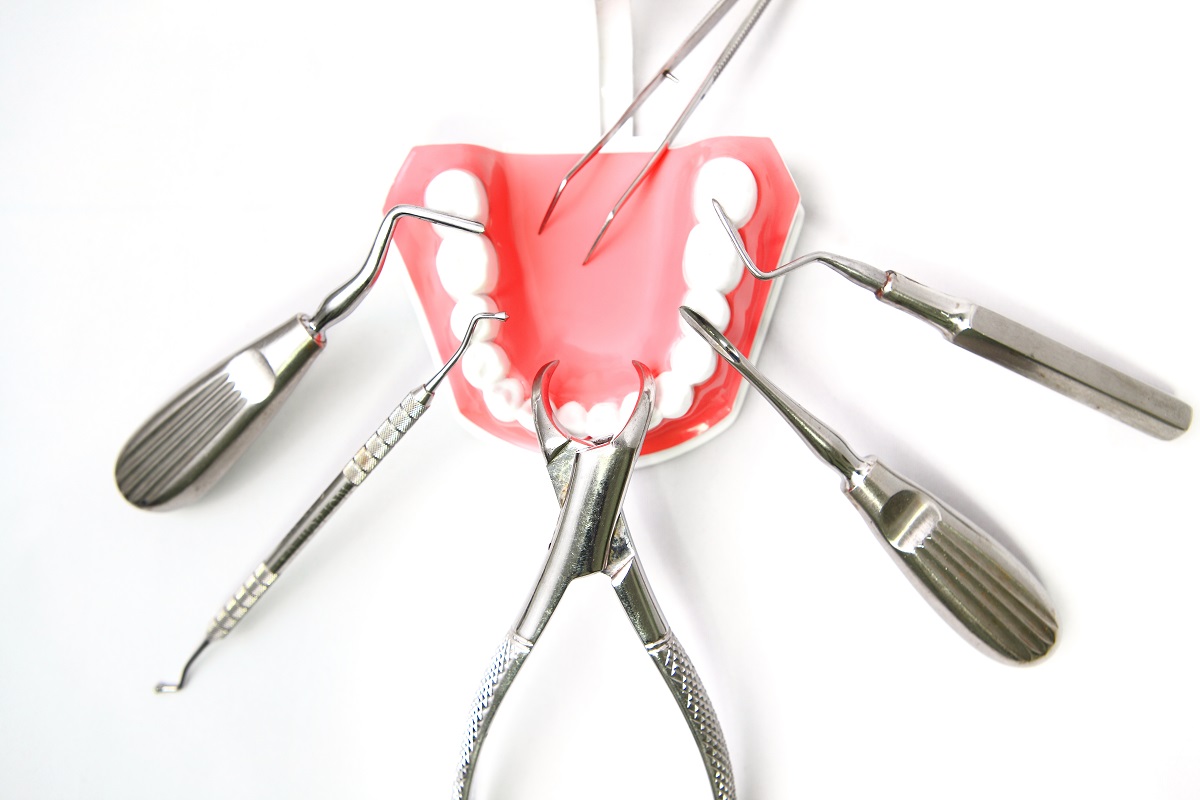In a survey by a team of final-year students of Nanyang Technological University (NTU), nine out of 10 undergraduate students studying in universities across the city-state have reported feeling stressed regularly. Some of their concerns include financial instability, unemployment, and uncertainties about their future.
Stress, when experienced frequently, can become chronic and lead to adverse health effects. But one consequence of regular stress is poor oral health.
Poor Oral Hygiene
Since you were young, you have been taught how to care for your teeth and mouth properly. You need to brush your teeth at least twice a day, preferably after you have had your meal. You have to floss once a day to remove food left behind in between corners and crevices and visit the dentist annually for preventive care.
But stress can leave you unmotivated to do your daily tasks, including taking care of your teeth and mouth.
When you do not strictly follow an oral hygiene routine, it can lead to cavities that, if not treated, can progress and lead to irreparable damage and infection. Cavities may also affect the wisdom teeth that grow in between the ages of 17 and 25. Your wisdom teeth are prone to cavities because they are harder to reach. That is why wisdom tooth extraction is recommended by dentists and why people, especially university students, should visit their dentists regularly.
Canker Sores
Those frequent attacks of mouth ulcers may not be random. They can either be caused by vitamin B deficiency, or you have been experiencing high levels of stress lately.
Previous studies have been conducted on the connection between stress and canker sores, but no definitive cause has been determined. However, one study published by the Contemporary Clinical Dentistry found that levels of cortisol are higher among people with canker sores compared to the control group.
Gum Infection
People who experience stress regularly are prone to infections. When the body is stressed, it releases cortisol, the hormone responsible for the fight/flight response. Cortisol is anti-inflammatory but, if it is always present, your body builds tolerance, which leads to increased production of cytokines that impedes the immune response. As a result, your body is less capable of fighting off an infection.
Your mouth is actually home to various bacteria, some of which can harm your teeth and gums. When your immune system is compromised, bacteria can take over and cause infections.

Bruxism
Bruxism, or teeth grinding, is a symptom of anxiety and stress. People, when they feel intense pressure, grind their teeth and often do it without knowing. They only find out when they experience its consequences, including headaches, earaches, facial pain, jaw pain, stiffness in the jaw joint and surrounding muscles, interrupted sleep, and worn down teeth.
The most obvious sign of bruxism is worn-down teeth, which can lead to teeth sensitivity. When you drink a cold beverage, your teeth hurt. It might also lead to infections or dental abscesses.
Bruxism is an oral condition that can be remedied with a visit to the dentist. Your dentist might recommend that you wear a mouthguard when you sleep to prevent further damage. However, it is also a mental health problem. You need to find healthy avenues to release stress before you sleep to stop yourself from grinding your teeth.
Nail-biting
Do you bite your nails when you are stressed? If you do, you need to break the habit as soon as possible.
By biting your nails, you are introducing more germs into your mouth that can lead to infections. Underneath your fingernails are all kinds of bacteria you have picked up from touching objects around the house and outside.
Together with an impaired immune function, nail-biting can create the perfect condition for infections. Any opening in your mouth, including cavities and canker sores, can provide an entry for germs into your body.
In addition, you can even transfer warts from your hands to your mouth. Like bruxism, nail-biting is a mental health problem that you can stop by finding healthy ways to relieve yourself of stress.
Singaporean university students live with high expectations. Everyone wants to get good grades to find a good-paying job in their chosen fields and succeed. But stress that has become chronic can lead to adverse health effects, especially in the teeth and mouth.
To prevent stress from wrecking your mouth, you have to find ways to manage stress better. Exercising is one of the best ways to relieve stress, and it also boosts one’s overall health. And when things get overwhelming, remember to take a break.



















